The Norwegian violinist and composer explores the importance of finding a work’s inner meaning when creating one’s musical voice
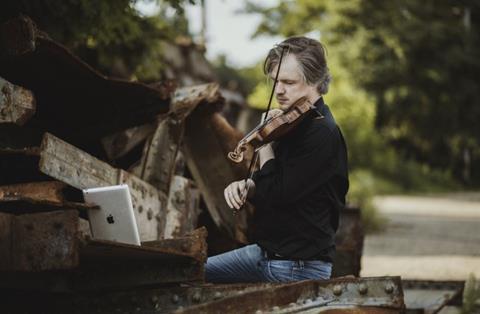
When I look back, I realise I had quite a non-traditional introduction to music. My first teacher, Magna Halvorsen, was retired and had a lot of time to offer. She would listen to my compositions, play duets with me and offer me cake or ice cream while talking about my week. My second teacher, Leif Jørgensen, allowed me to develop holistically, asking me to write and play my own etudes, and encouraging non-musical activities such as reading books and doing mind and body exercises. I think that composition and improvisation were indispensable in finding my voice as a musician. I now use them in my own teaching, as I believe they’re a fast track to learning any instrument. They allow you to find more easily what you love in the music, letting your soul speak freely.
I learn new pieces by first exploring them on the piano. Before picking up the violin, I search for elements to love in the music – things that make me want to dance or sing in the shower. We can never play a piece better than we can think it, but we can certainly imagine the music more meaningfully than we currently play it.
Read Hideko Udagawa: Life Lessons
Read: Life Lessons: Francois Rabbath
Read: Johan Dalene: Life Lessons
When I was younger, I let superficial problems affect my happiness: little rehearsal time, technical demands and a focus on a work’s surface rather than its inner meaning. Now I remind myself every morning that life can always be meaningful and despite the shortcomings of the church we have built around classical music, I love music more than ever. As important as a concert may seem, the learning process is what fills most of our life. It is a misconception that practice needs to be a painful sacrifice. You learn fastest when your playing seems most meaningful.
In classical music we have become victims of notation, when we should embrace the liberty the score affords us. The greatest composers encouraged other interpretations of their works, as shown by their letters – something young students should be made more aware of. I remember performing a Grieg sonata in which a large crescendo was written, but in this instance I felt like playing a diminuendo. Nevertheless, I stuck with the notation and played the crescendo. I had failed myself and not respected the moment. I would urge young musicians to go on a treasure hunt, searching for what they love in the score. Then they will have their own story to tell. The classical music world is too obsessed with virtuosity. I now define technique simply as ‘the ability to express what you feel’. Before knowing the music emotionally, true technique simply cannot exist. Teachers may have expectations, but it is vital to do the things others impose only if you believe in them yourself; to give up on what is true to you is seldom a good idea. Create your own voice by searching for meaning, taking the risk of being yourself, and simply having fun.
INTERVIEW BY RITA FERNANDES
-
This article was published in the May 2021 Julian Lloyd Webber issue
The British cellist celebrates his 70th birthday by looking back over a long and rewarding career. Explore all the articles in this issue . Explore all the articles in this issue
More from this issue…
- British cellist Julian Lloyd Webber
- Crafting Stradivari’s early cellos
- Ysaÿe’s String Trio no.2
- Violinist Boris Begelman records Vivaldi
- Italian luthier Azzo Rovescalli (
- Changing violin encore trends
Read more playing content here
-
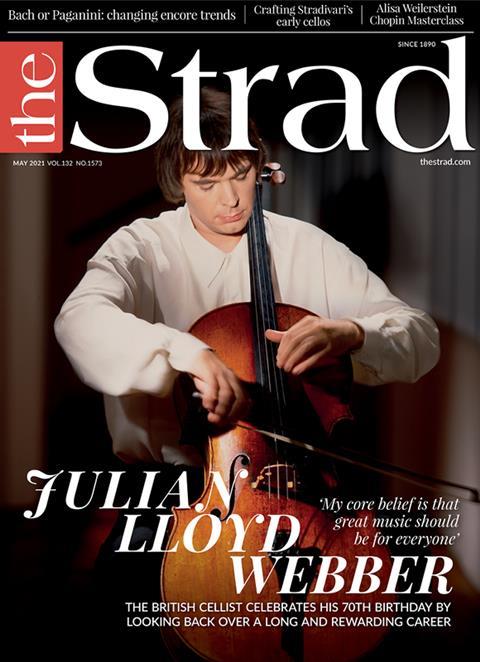

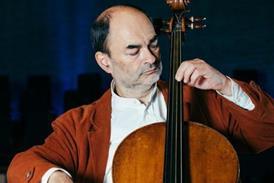
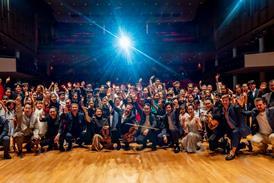
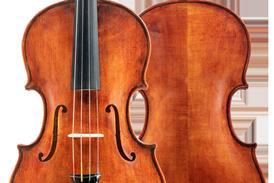





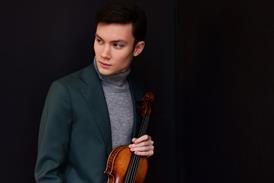
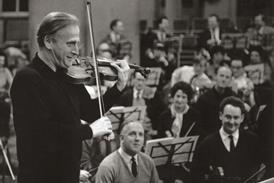
























No comments yet